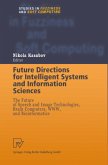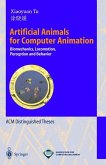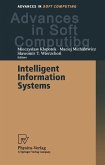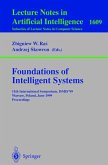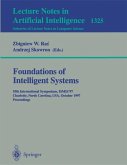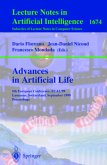This edited volume comprises invited chapters that cover five areas of the current and the future development of intelligent systems and information sciences. Half of the chapters were presented as invited talks at the Workshop "Future Directions for Intelligent Systems and Information Sciences" held in Dunedin, New Zealand, 22-23 November 1999 after the International Conference on Neuro-Information Processing (lCONIPI ANZIISI ANNES '99) held in Perth, Australia. In order to make this volume useful for researchers and academics in the broad area of information sciences I invited prominent researchers to submit materials and present their view about future paradigms, future trends and directions. Part I contains chapters on adaptive, evolving, learning systems. These are systems that learn in a life-long, on-line mode and in a changing environment. The first chapter, written by the editor, presents briefly the paradigm of Evolving Connectionist Systems (ECOS) and some of their applications. The chapter by Sung-Bae Cho presents the paradigms of artificial life and evolutionary programming in the context of several applications (mobile robots, adaptive agents of the WWW). The following three chapters written by R.Duro, J.Santos and J.A.Becerra (chapter 3), GCoghill . (chapter 4), Y.Maeda (chapter 5) introduce new techniques for building adaptive, learning robots.
Hinweis: Dieser Artikel kann nur an eine deutsche Lieferadresse ausgeliefert werden.
Hinweis: Dieser Artikel kann nur an eine deutsche Lieferadresse ausgeliefert werden.

